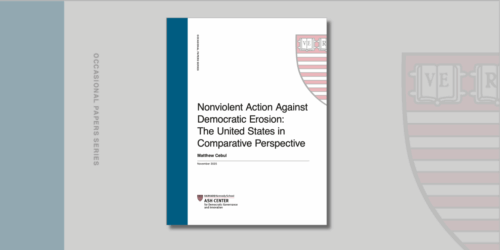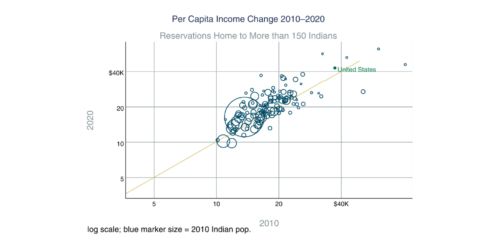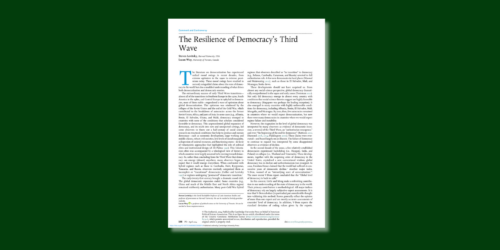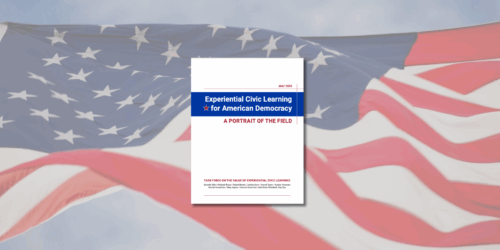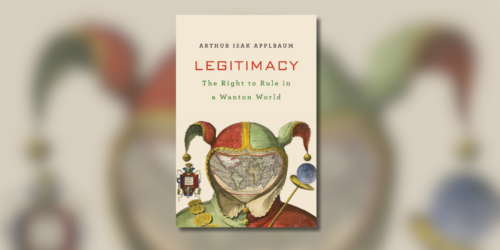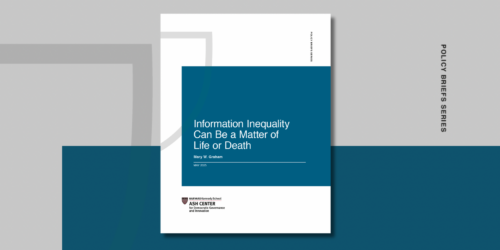
Article
The Resistance Reaches into Trump Country
As organizers for No Kings 2 seek historic turnout on October 18, the broader pro-democracy movement has already broken new ground.
Democracy demands new ideas. We have answers.
Article
As organizers for No Kings 2 seek historic turnout on October 18, the broader pro-democracy movement has already broken new ground.
Occasional Paper
In this report, Matthew Cebul, Lead Research Fellow for the Nonviolent Action Lab, examines the effectiveness of nonviolent action movements in supporting democratic resilience globally. Identifying challenges faced by nonviolent pro-democracy movements, Cebul offers key takeaways for combating accelerating democratic erosion in the US and abroad.
Article
As organizers for No Kings 2 seek historic turnout on October 18, the broader pro-democracy movement has already broken new ground.
Policy Brief
Harvard Kennedy School researchers release global scoping review finding Indigenous conservation practices achieve equal or superior results in biodiversity protection, wildfire management and sustainable management of natural resources
Book
From the Harvard Project on Indigenous Governance and Development comes an updated third edition of a data book providing summary statistics for American Indian tribal communities in the lower 48 states using the public-use US Census and the American Community Survey data.
Article
In this op-ed, Jennifer Hochschild explains that Chicago is facing a financial crisis decades in the making — a crushing burden of pension debt that no current resident created but all must bear. Instead she says, it is the result of a century of political promises, underfunded commitments, and systemic avoidance — leaving Chicagoans to reckon with the consequences today.
In this article, Steve Levitsky argues that, despite widespread pessimism and alarming reports of democratic decline, the so‑called “Third Wave” democracies have demonstrated remarkable resilience—maintaining historically high levels of democratic governance—thanks to structural forces like economic development and enduring electoral competition
Additional Resource
A new report provides a clear, actionable framework for effective experiential civic learning—what it is, why it matters, and how to do it well.
Book
In his book, Arthur Isak Applbaum argues that government legitimacy requires more than procedural consent—it demands the protection of rights, political equality, and coherent governance.
Policy Brief
In this paper, Mary W. Graham examines how unintended information inequities undermine critical health and safety alerts. Focusing on three key policies — wildfire alerts, drinking water reports, and auto safety recalls — she identifies common roots of these disparities and highlights efforts by policymakers to address them.
